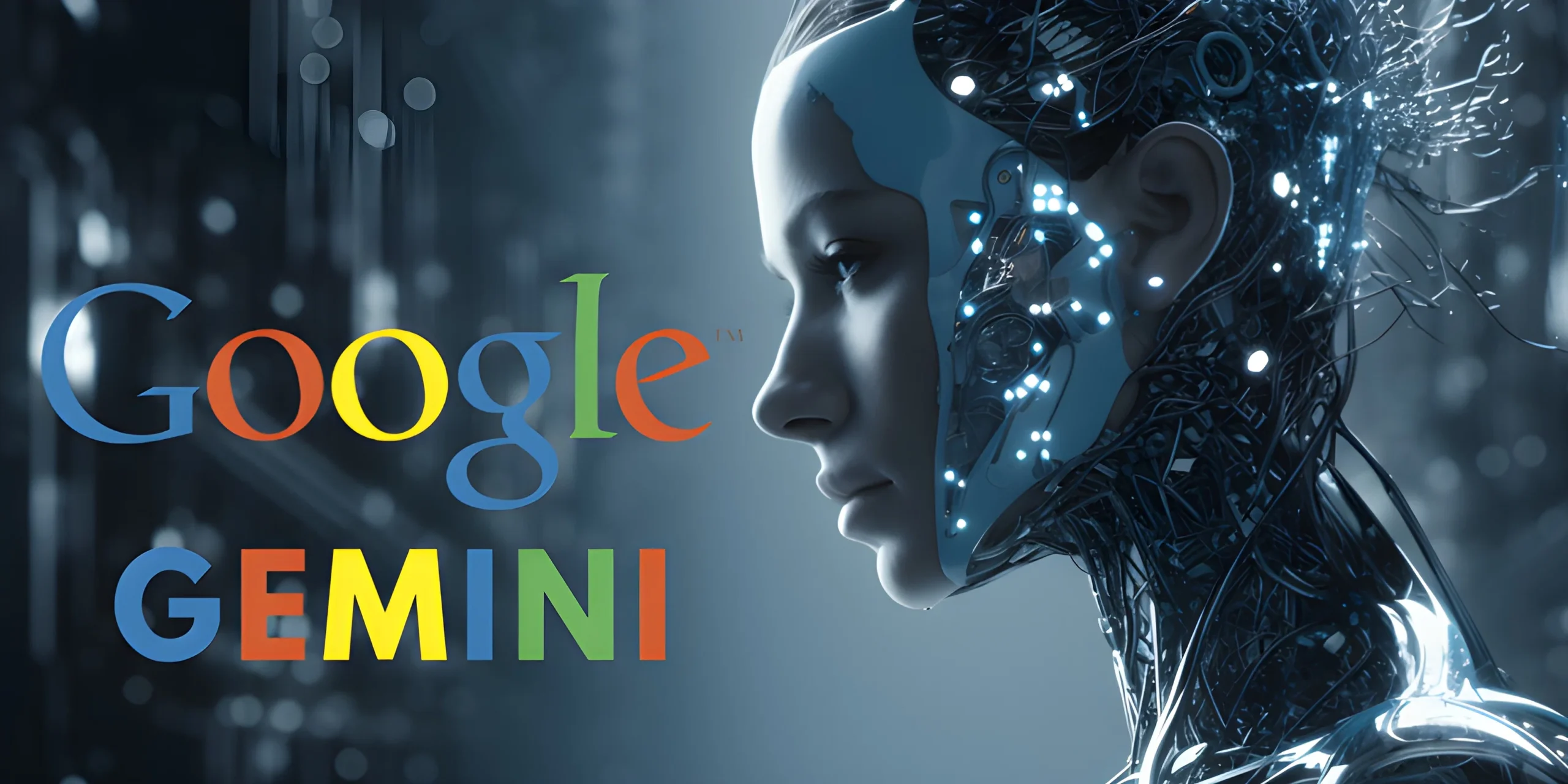Google has recently unveiled Gemini, a groundbreaking AI model that promises to redefine the landscape of generative artificial intelligence. Touted to be 700 times more powerful than OpenAI’s flagship ChatGPT, Gemini represents a significant leap forward in AI capabilities, setting a new benchmark for future developments in the field.
Key Highlights:
- Gemini is designed to be multimodal, capable of understanding and processing a diverse range of information types, including text, code, audio, image, and video.
- It offers state-of-the-art performance, outperforming human experts in Massive Multitask Language Understanding (MMLU) with a score of 90.0%.
- Gemini comes in three variants: Ultra, Pro, and Nano, catering to different levels of complexity and application needs.
- Despite its advantages, challenges such as limited availability of the Pro version and lesser familiarity among the public and developers compared to ChatGPT remain.

In the evolving landscape of AI technology, Google and OpenAI emerge as two titans in a race for dominance. OpenAI’s GPT-4 has been a formidable contender, known for its strong performance across various benchmarks. However, Google’s introduction of Gemini marks a bold step in the competition, boasting unparalleled capabilities and flexibility across different computing environments, from data centers to mobile devices.
Gemini’s foundation lies in large-scale collaborative efforts within Google, including teams from Google Research. Its development reflects a shift towards creating AI that is not only more capable but also more intuitive and useful in everyday applications. By integrating capabilities for advanced reasoning and problem-solving, Gemini aims to serve as an expert assistant across various domains.
DeepMind CEO Demis Hassabis has highlighted Gemini’s potential to surpass current AI models, including ChatGPT, in terms of capability. Drawing from the technological and methodological advancements of AlphaGo, Gemini combines the strengths of previous AI systems with superior language and multimodal capabilities.
Despite the excitement surrounding Gemini, it’s essential to consider the broader implications and challenges of such advanced AI models. Concerns about the societal impact, ethical considerations, and the urgent need for research into potential risks are paramount. As AI systems become more capable, understanding their long-term effects on humanity and ensuring their responsible development and use become increasingly critical.
In conclusion,
Google’s Gemini represents a monumental advancement in AI technology, signaling a new era of innovation and competition in the field. While its full impact remains to be seen, Gemini’s development underscores the importance of pushing the boundaries of what AI can achieve while navigating the complex ethical and societal challenges that accompany such progress.






